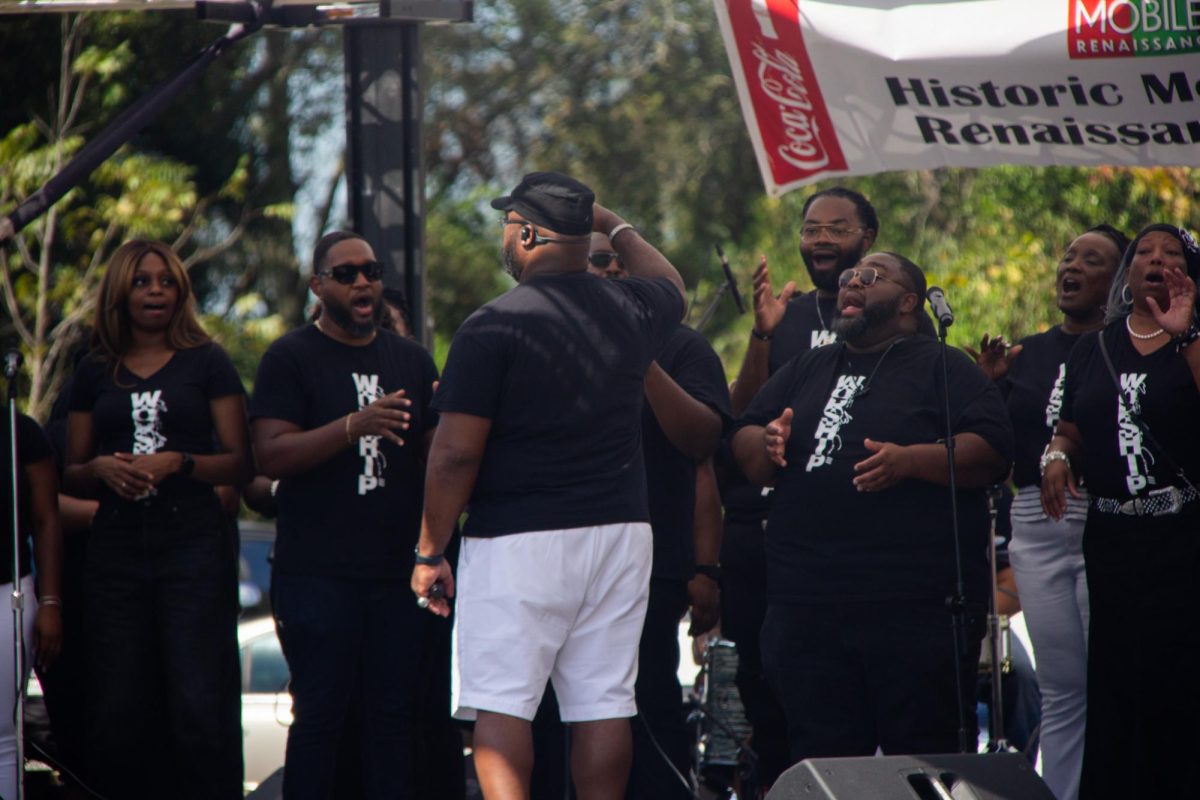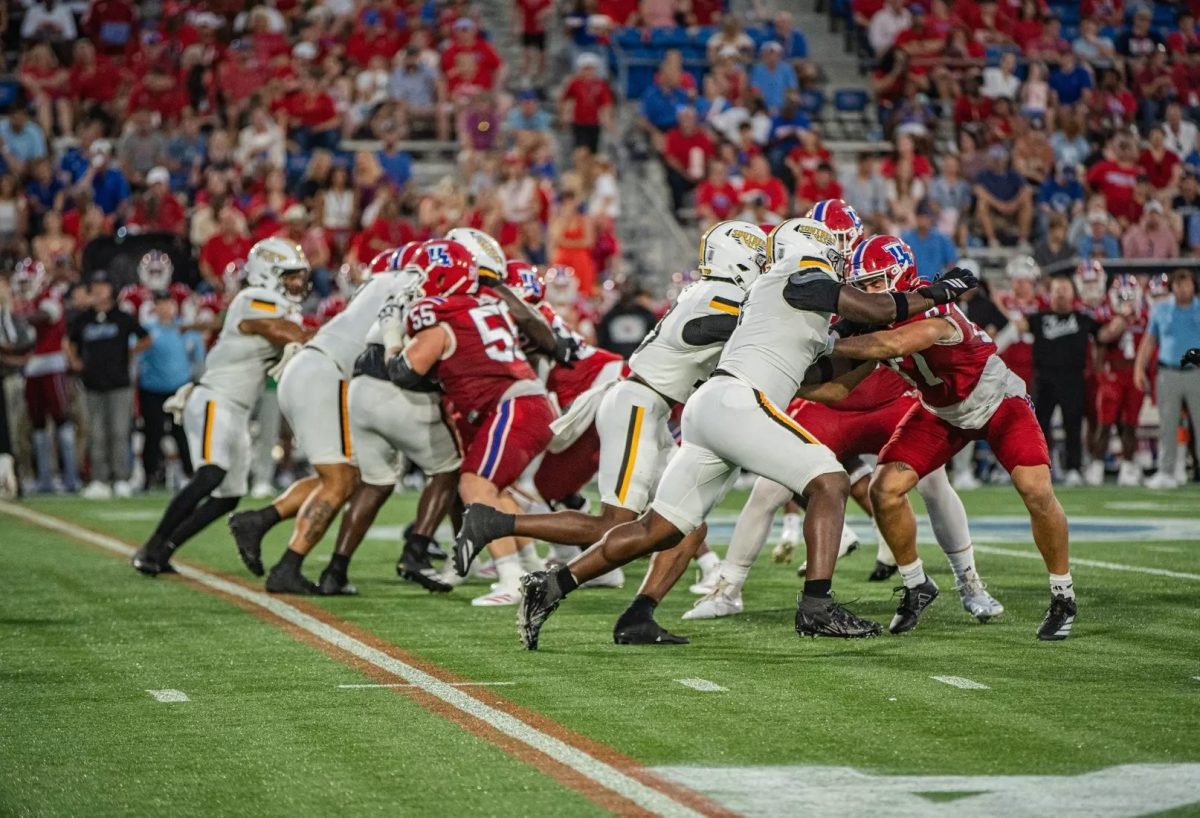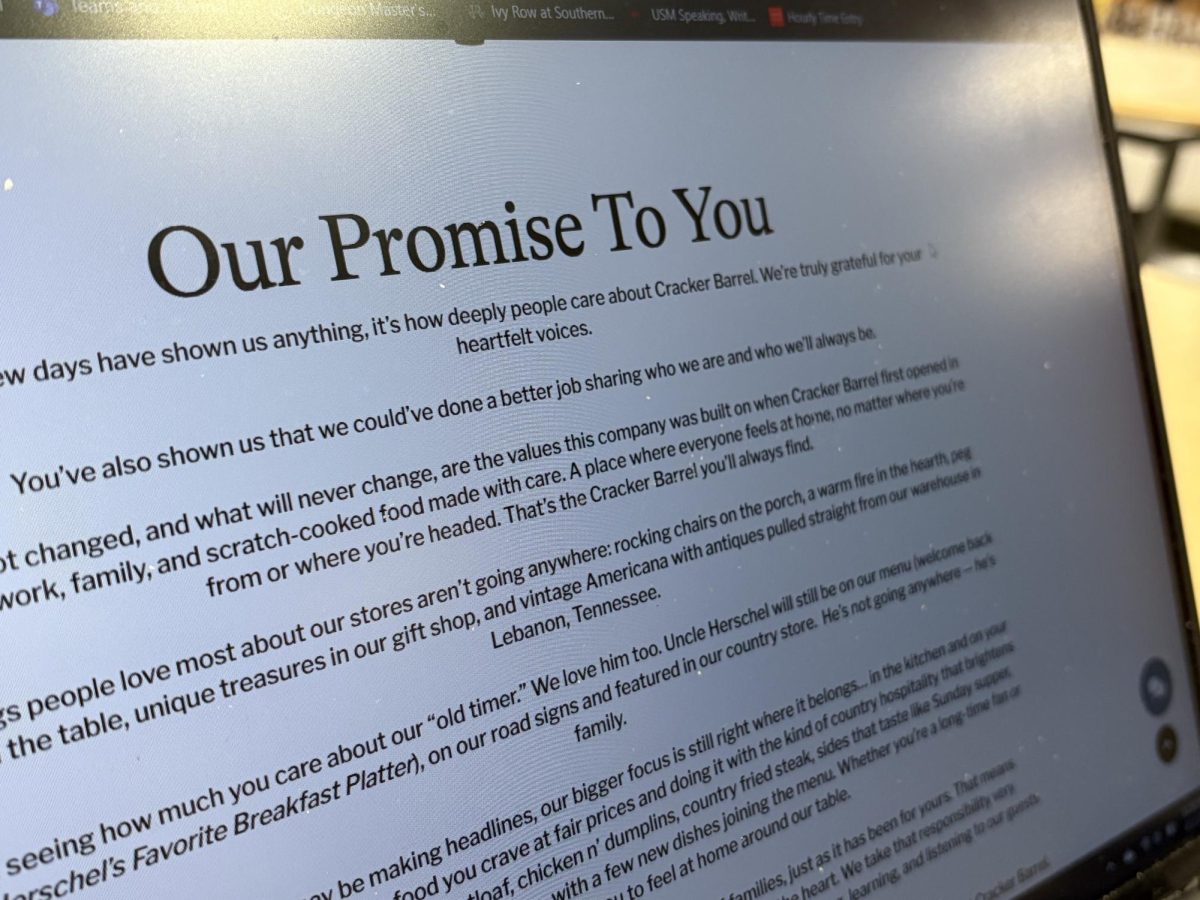Coming-of-age movies have been around forever. These are the kinds of films people turn to as comfort movies. Think “The Breakfast Club”, “10 Things I Hate About You”, or “Mean Girls.” They're the safest picks when you’re in a group and need something to watch. Part of that is because audiences know exactly what to expect from them. When you picture a coming-of-age film, you can almost see the high school hallways with bright lights, colorful outfits, big jokes and a problem that spins out of control until the teenager finds a way to deal with it. These movies are comforting, funny, and endlessly rewatchable.
Then, in 2010, came “Submarine,” a low-budget Welsh movie that changed the way this genre was viewed. “Submarine” didn’t have bright colors, obvious jokes, or much dialogue. Instead, it was mundane, dark and set almost entirely inside the head of its protagonist. He isn’t a typical, polished leading man but a twisted, awkward, conflicted boy who at times even feels cruel. The humor is subtle, with long silences, and many of the funniest moments don’t involve a single punchline. What really sets it apart is its soundtrack, written and composed by Alex Turner, which doesn’t just accompany the film but actively tells the story, reflecting the protagonist’s emotions in real time. Altogether, “Submarine” was the complete opposite of what a typical coming-of-age movie looked like. And it worked.
The groundwork for this kind of film had been laid much earlier in 1998 by Wes Anderson’s “Rushmore”. The film was quiet and dry in its humor, and it used eccentric characters to tell a coming-of-age story. Similarly, “Ghost World” (2001) pushed the idea further, showing teens drifting through suburban boredom with sharp cynicism. “Submarine” took those ideas and refined them—less colorful, more grounded, and even more emotionally raw.
After “Submarine,” more creators began experimenting with this approach. In 2012, “The Perks of Being a Wallflower” brought the style into the mainstream. “Lady Bird” (2017) followed, applying the same understated, emotionally rich filmmaking to a story of early adulthood. Soon, Netflix picked up the trend and created shows like “The End of the F***ing World” (2017) and “I Am Not Okay With This” (2020) which pushed the concept even further. These works embraced the messy, conflicted side of adolescence, putting characters in absurd situations but grounding everything—which makes it feel more real.
The traditional brand of coming-of-age films never went away. Movies like “Easy A,” “Pitch Perfect” and “Love, Simon” kept that side of the genre alive, and they always will. But “Submarine” sparked something new, proving there’s another way to tell these stories: one that isn’t flashy or easy but quiet, raw and more honest about what growing up actually feels like.



































